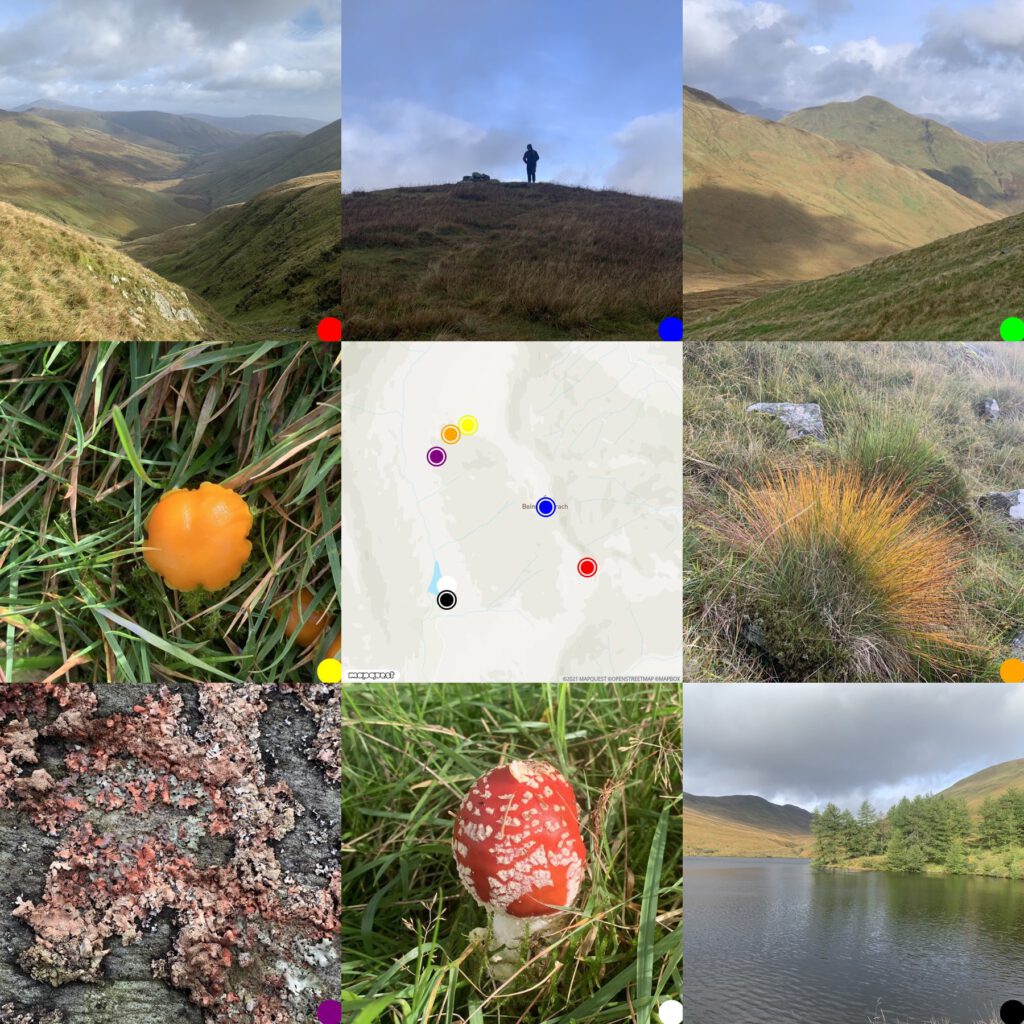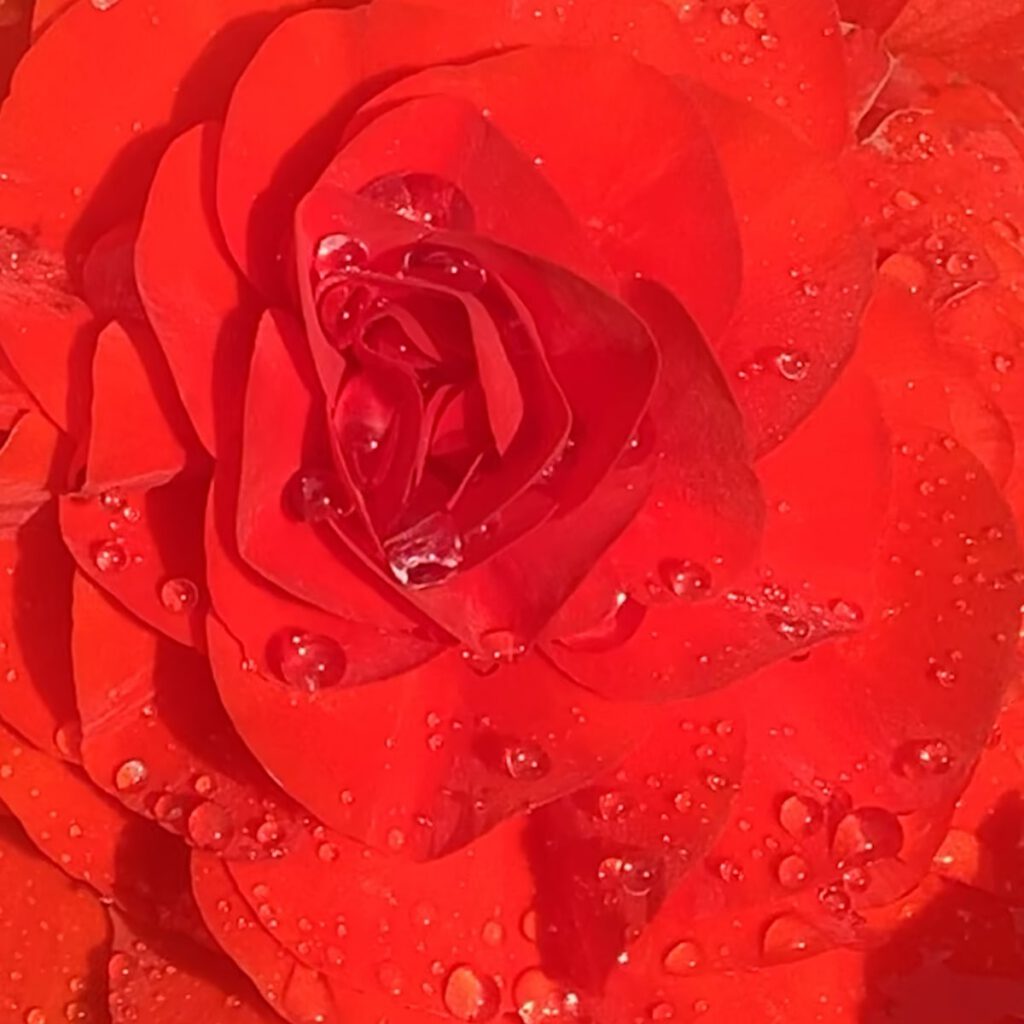
The Rowan seem redder this year. Certainly more berries than usual.
Drummer
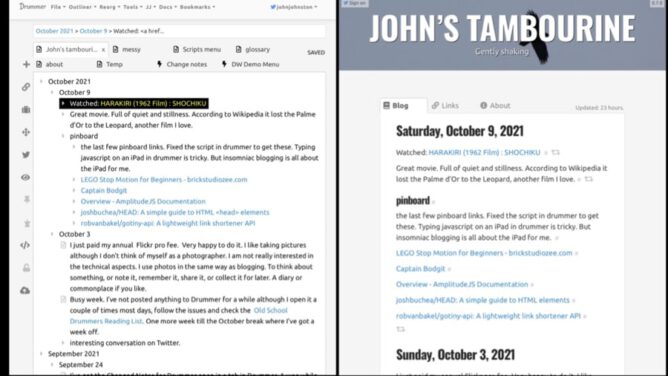
Scripting News: Sunday, October 10, 2021
Today is the 27th anniversary of this blog. To celebrate, I’m opening up Drummer to the world. I hope you love it as much as I do. ❤️
Drummer is, as you would imagine a really interesting project. A quite different approach to blogging.
I’ve been lightly beta testing Drummer since 4th September. This is my Drummer blog: John’s tambourine.
I would not like to presume I can understand Drummer well enough to give anything like a complete description. These are some of the features that have interested me so far.
- Drummer is an outliner, like Dave’s Little Outliner 2 and the Fargo system. You could use it for outlining in all sorts of ways.
- Drummer can created a blog from an outline at post at the push of a button.
- Drummer is a scripting system in an outliner.
Each of these elements give you a lot to think about. It has made me think about how I blog, and how I’d like to blog. It is an opinionated system. Coming from one of the internet elders you would expect no less.
If you are interested in blogging, microblogging and the like I’d recommend you have a look at Drummer. Certainly read: About Drummer
Had a short walk around a couple of hills in Glen Fruin yesterday with Christine & Michael. It has been about 8 weeks since I was on a hill and I got quite puffed on the up.
walkmapPupils @OLSPHigh using confidence arrows in maths to describe their achievements #pedagoofriday #maths pic.twitter.com/AC0s2HqRfm
Host-read ads and rise of parasocial marketing
Podcasts flow naturally and pleasantly into a listener’s day to day, advertisements flow naturally and pleasantly in and out of podcasts, and persuasion ceases to register as persuasion, becoming instead a benevolent suggestion from a trusted friend, an invitation to a communal experience, an opportunity to affirm that you are loyal to the community, that you “get it,” that you belong. The danger of this is that ads, host-read or not, are profit-driven, and they deserve more skepticism than a friend’s words would warrant. Advertisements are not our friends — even if they seem to spoken by them.
the intimacy of audio is one of the affordances of podcasts. This is the cloud from that silver lining.
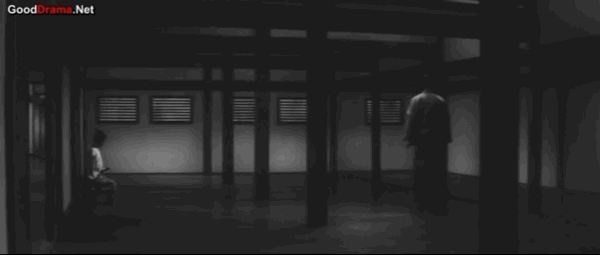
Watched: HARAKIRI (1962 Film) : SHOCHIKU
Great movie. Full of quiet and stillness. According to Wikipedia it lost the Palme d’Or to the Leopard, another film I love. 🎥
Flickr and me
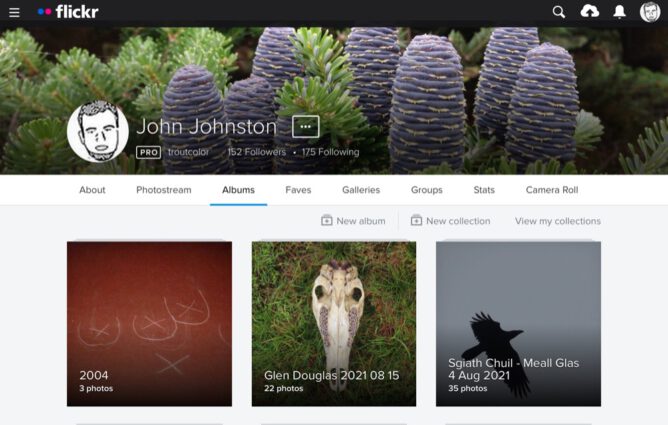
I just paid my annual Flickr pro fee. Very happy to do it. I like taking pictures although I don’t think of myself as a photographer. I am not really interested in the technical aspects. I use photos in the same way as blogging. To think about something, or note it, remember it, share it, or collect it for later. A diary or commonplace if you like.
I was also really pleased to see Flickr’s blog around it’s continuing support for Creative Commons and the announcement of the Flickr Foundation.
We believe the establishment of a non-profit Flickr Foundation will combine with Flickr to properly preserve and care for the Flickr Commons archive, support Commons members to collaborate in a true 21st-century Commons, and plan for the very long-term health and longevity of the entire Flickr collection. We’re also in the early stages of imagining other educational and curatorial initiatives to highlight and share the power of photography for decades to come.
The other thing I love about Flickr is it’s API. I am no more a programmer than I am a photographer. But I have had a lot of fun with the Flickr api.
One of the reasons I’ve managed to play with this API is its consistency. Other APIs I’ve used with have gone away, changed or added authentication too difficult for me to grasp. Given that I use them occasionally I am often flummoxed by changes. I only notice then when something that worked stops working.
What I love about Flickr is then threefold: a solid and consistent service that I pay for, the api(solid & constant too) and Creative Commons I get for free.
Flickr’s future has been in doubt a few times since I started in 2004, Interface changes caused some consternation. Flickr has managed to continue when other services have gone. I hope I’ll be paying for it for a good few more years.
Read: Klara and the Sun Kazuo Ishiguro ★★★★★ 📚
“Never let me go” comes to my mind regularly, wonderful book & film. This is a gentler take on the same territory. Crystal clear storytelling.

